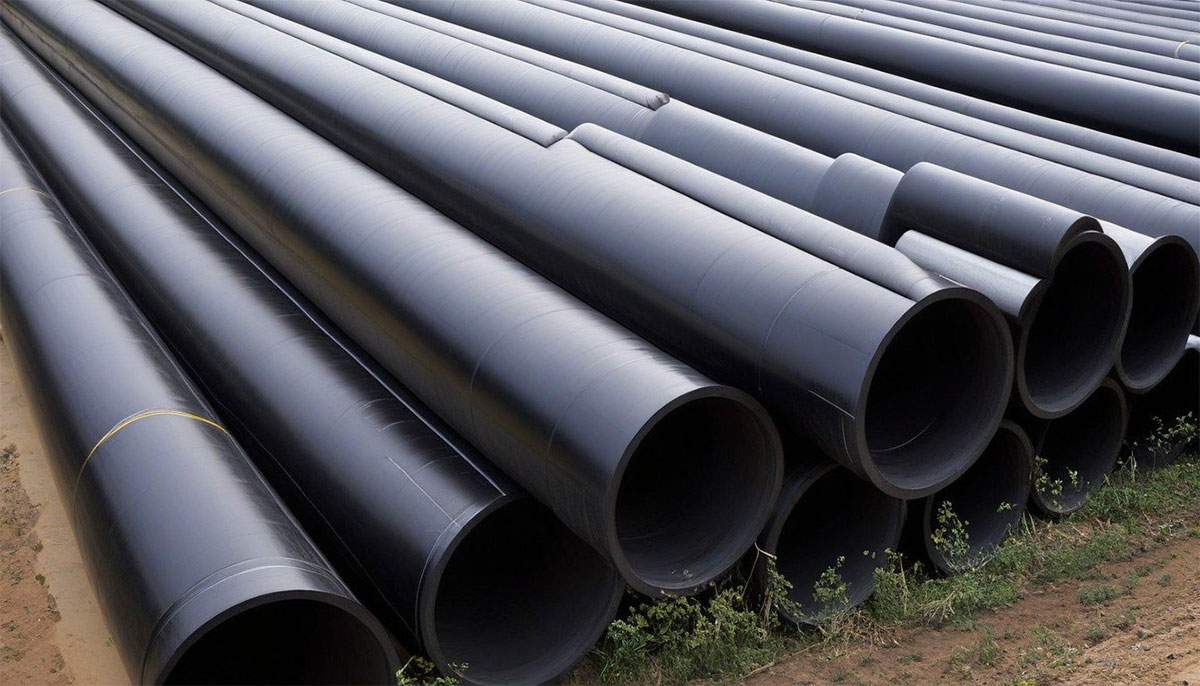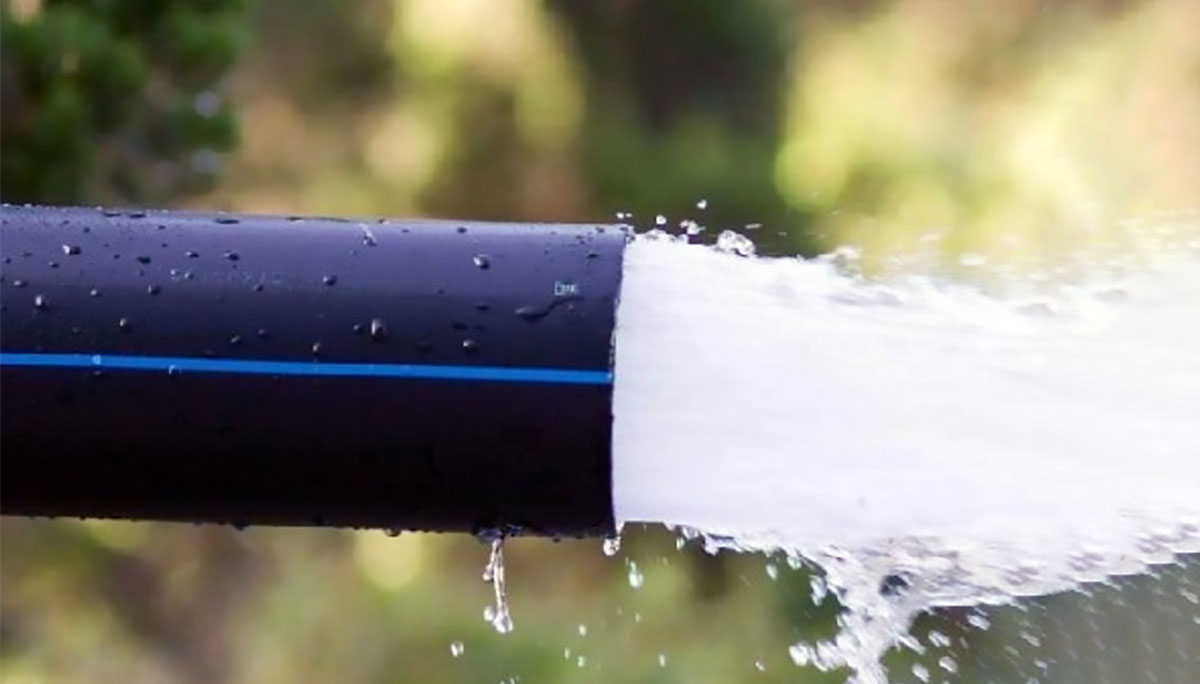Corrosion resistance of polyethylene pipe in marine industry
The use of polyethylene pipes in marine industries such as the construction of fish cages, the transfer of fluids that must pass through the deep sea, etc. It is more likely that the reason for that is the suitable resistance of the polyethylene pipe in marine environments, now we want to investigate these factors.
Polyethylene pipes are usually highly resistant to corrosion in the marine environment. Below are some features that make them resistant to marine corrosion:
- Resistance to salty water: polyethylene pipes have a very high resistance to salty water and other solvents in the sea environment. Salt water and minerals in it usually cannot react with polyethylene pipes and cause corrosion.
- Resistance to scaling: Polyethylene pipes have a good resistance to the formation of scale and marine sediments. Dandruff and deposits usually cannot stick to the inner surface of polyethylene pipes and cause corrosion.

- Resistance to electromagnetic waves: polyethylene pipes are electrically insulated and have good resistance to electromagnetic waves such as anti-electrolysis and electromagnetic interference. This issue can be useful in applications that require the protection of electrical systems in the marine environment.
Polyethylene has high electrical resistance and can resist electrical corrosion and electrolysis. This feature can be used in some applications that require the passage of electric current.
- Resistance to environmental effects: Polyethylene pipes are resistant to environmental effects such as sunlight, UV waves, salt, air, and moisture due to their resistant and insulated exterior structure. These features make polyethylene pipes less affected by these factors in the marine environment and last longer.
- No need for protective coating: To combat corrosion, metal pipes generally require protective coatings such as stainless coatings. Against seawater corrosion, polyethylene pipes are used as a suitable alternative without the need for protective coatings. However, for special cases and harsher conditions in the marine environment, it may be necessary to use protective layers such as anti-corrosion coatings or reinforcements to improve the corrosion resistance of polyethylene pipes.
- Physical resistance: polyethylene pipes have high resistance to impact, bending and pressure. This feature can resist mechanical forces caused by waves, cracks, temperature changes and sea pressure.

- Chemical resistance: polyethylene pipes show good resistance against oxidation, salinity, chemicals present in sea water and other environmental factors. This important feature against the effects of salinity and corrosion caused by chemicals in seawater allows them to perform well in the marine environment.




